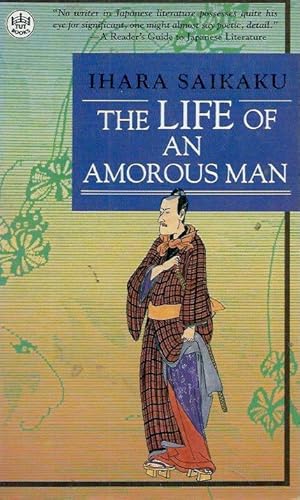

Tanizaki, in a curious sense, can be seen as a surrogate woman novelist. Even when one admits that the writings of these ladies of the ancient court were ‘secret’, not fully intended for anything one could call publication, an obvious rejoinder is: so was the fiction of the young Jane Austen.

The Tale of Genji is full of cleareyed – even beady-eyed – views of the foibles, follies, vanities and sillinesses of men.

From the 11th century of Lady Murasaki and Sei Shonagon (that is to say, from the birth of the novel as a literary form), women not only had a central place as commentators on the world: they also put men conspicuously in their place. But a few moments’ thought should begin to correct this. One frequent stereotype concerning Japan is that it is a man’s world, as much as, if not more than, the world of Islam. The women novelists – Uno, Ariyoshi, ‘Banana’ and many others – have not broken through to an audience outside Japan. This is to leave out too many writers, I know: but the rest can generally be classed under other headings – the pathologically interesting, such as Dazai the producers of one powerful novel, such as Osaragi ( Homecoming) or Ooka ( Fires on the Plain) or those who qualify through a sense of potential rather than actual worldwide achievement, such as Oe. One can, indeed, number them quickly: Tanizaki’s senior, Soseki his contemporary, Kawabata his juniors, Endo, Abe and Mishima. Junichiro Tanizaki (1886-1965) is rightly regarded as one of the handful of 20th-century Japanese novelists whose work has to be seen as of universal and not just Japanese interest.


 0 kommentar(er)
0 kommentar(er)
